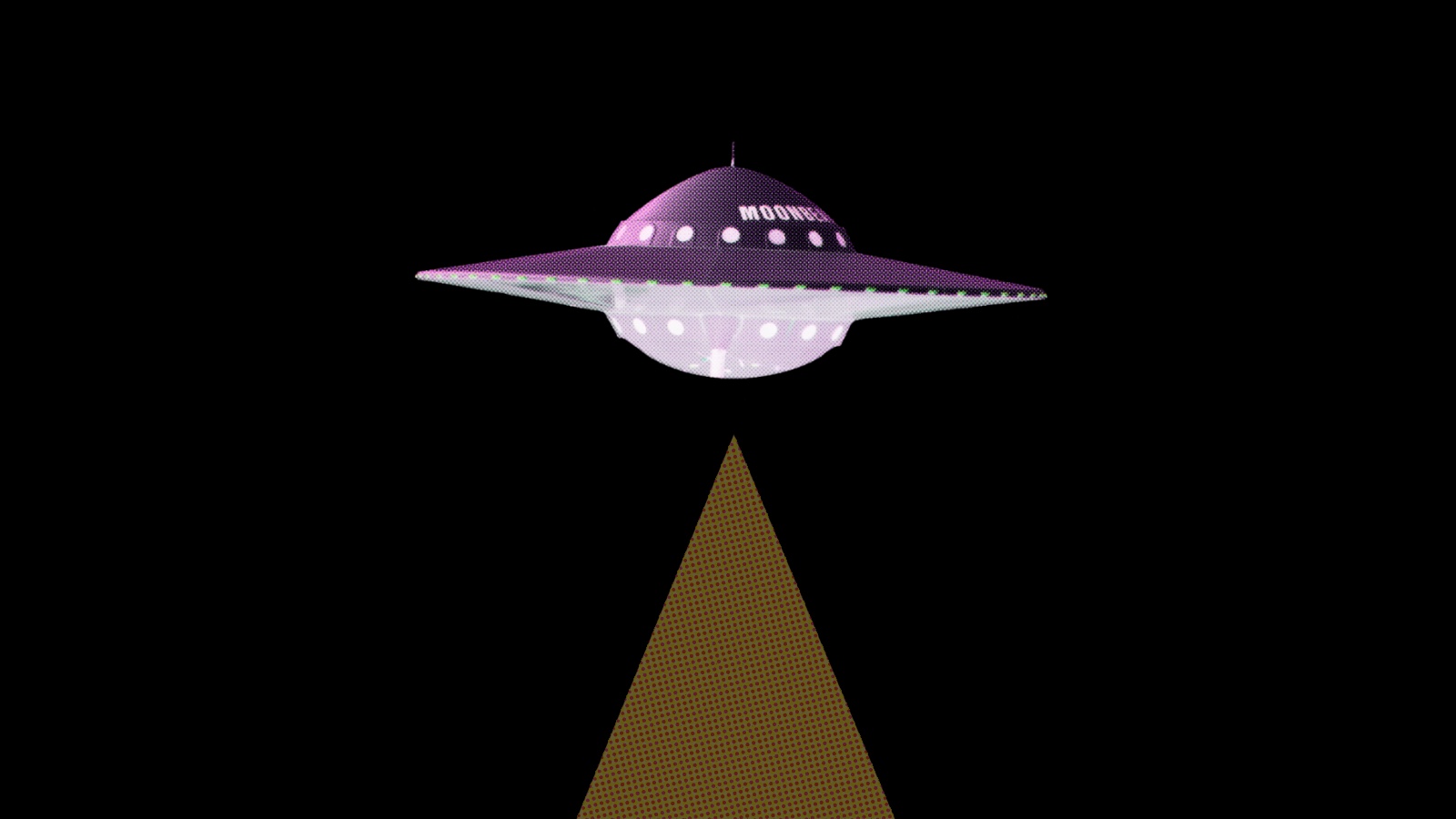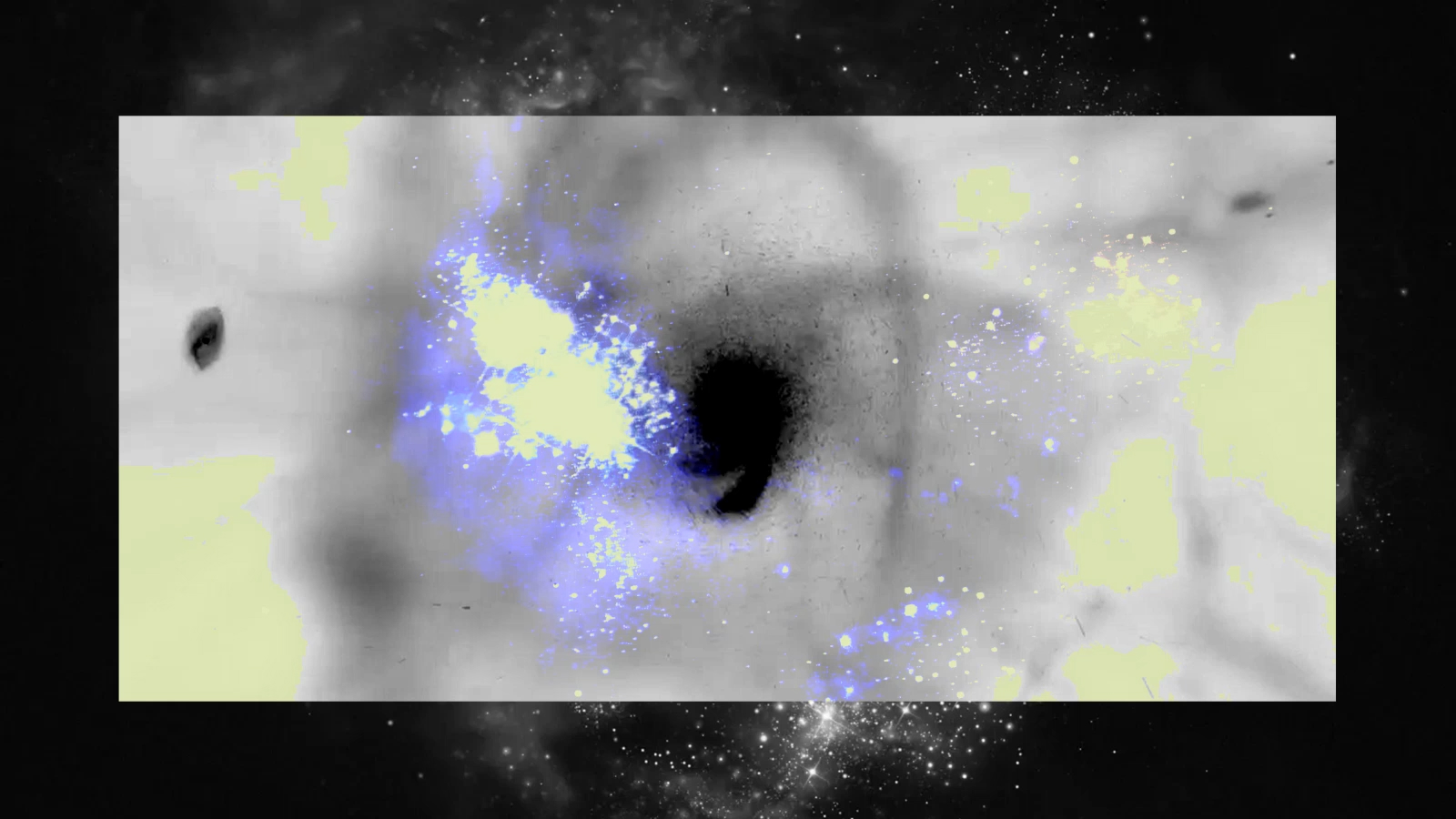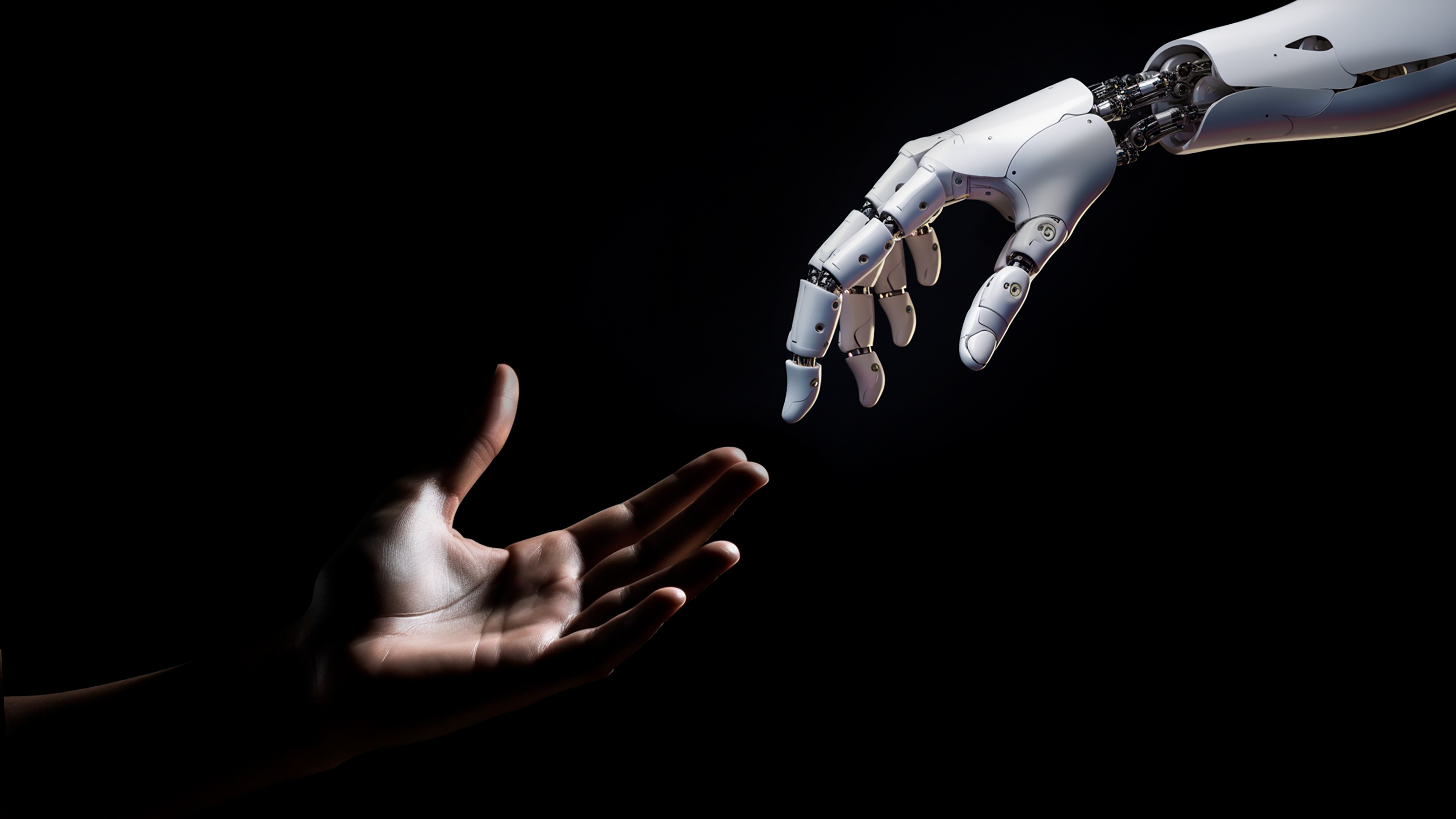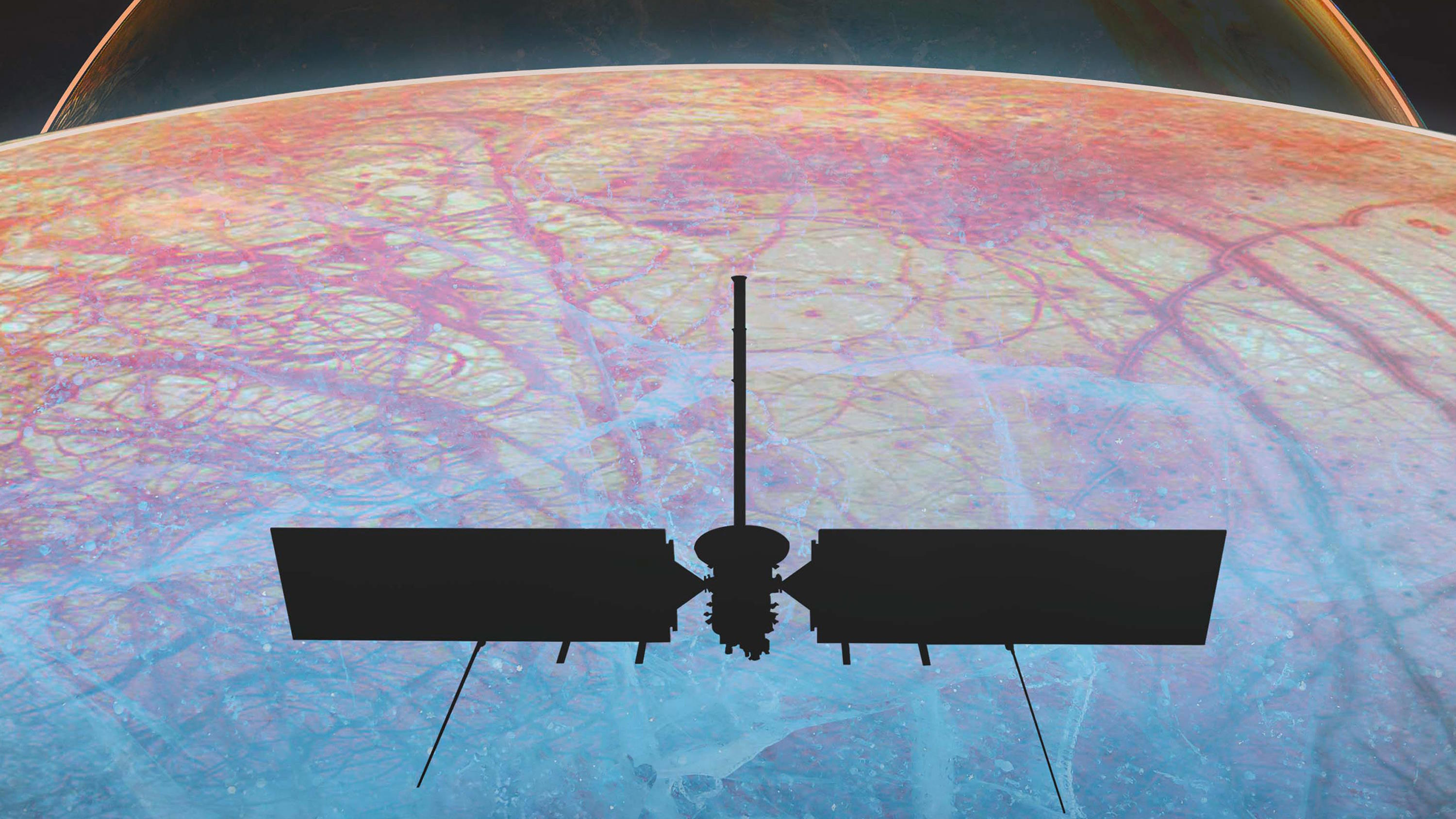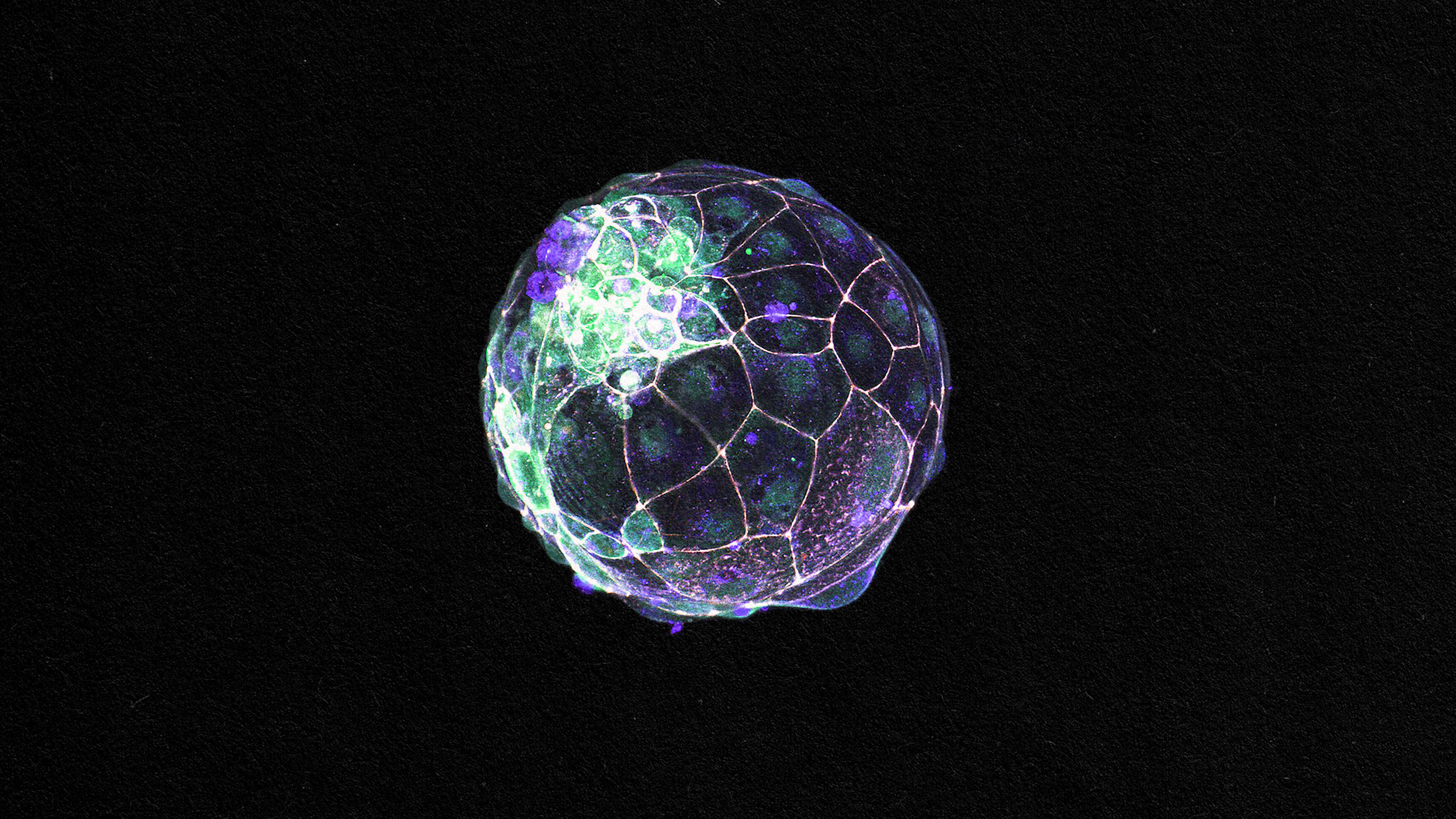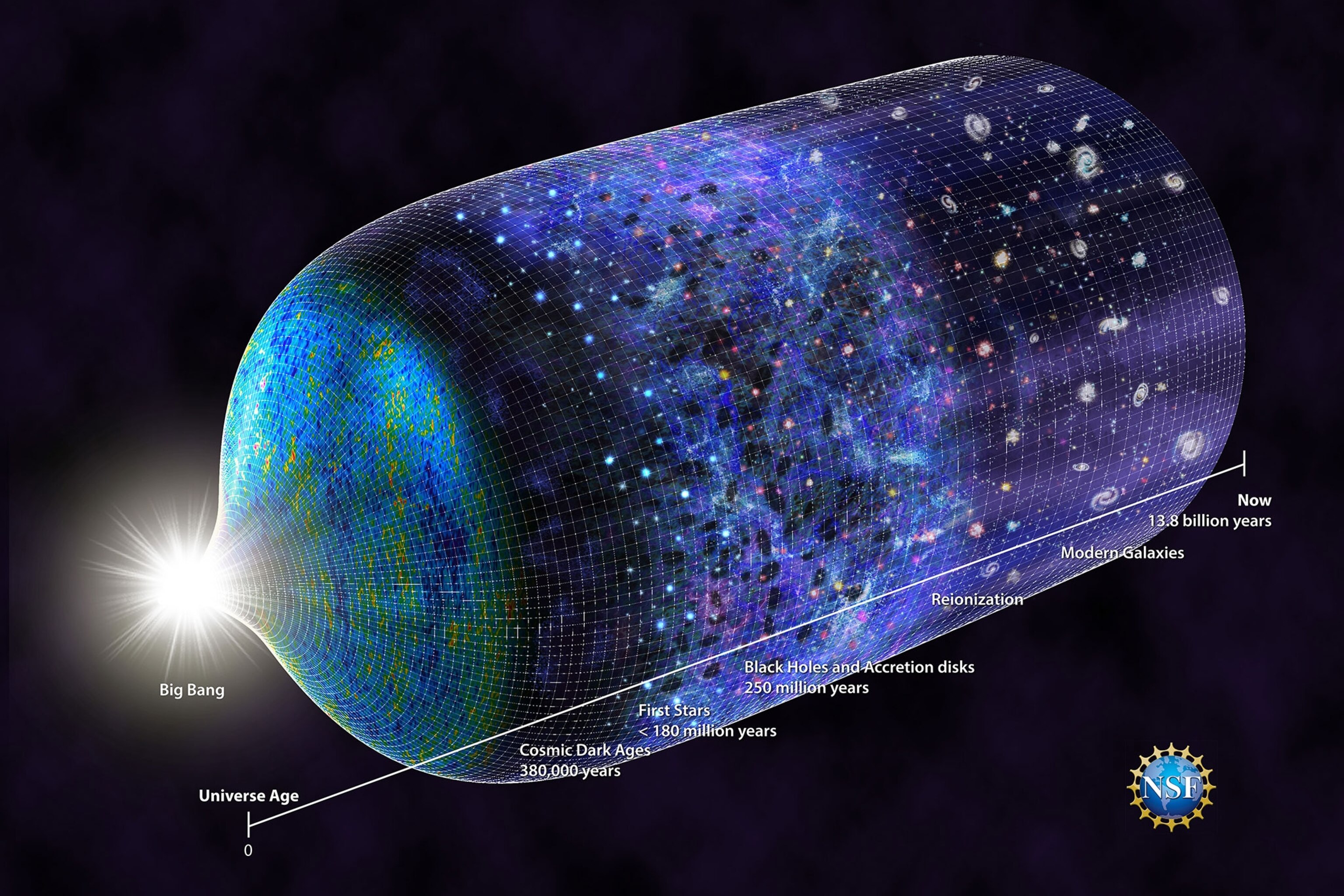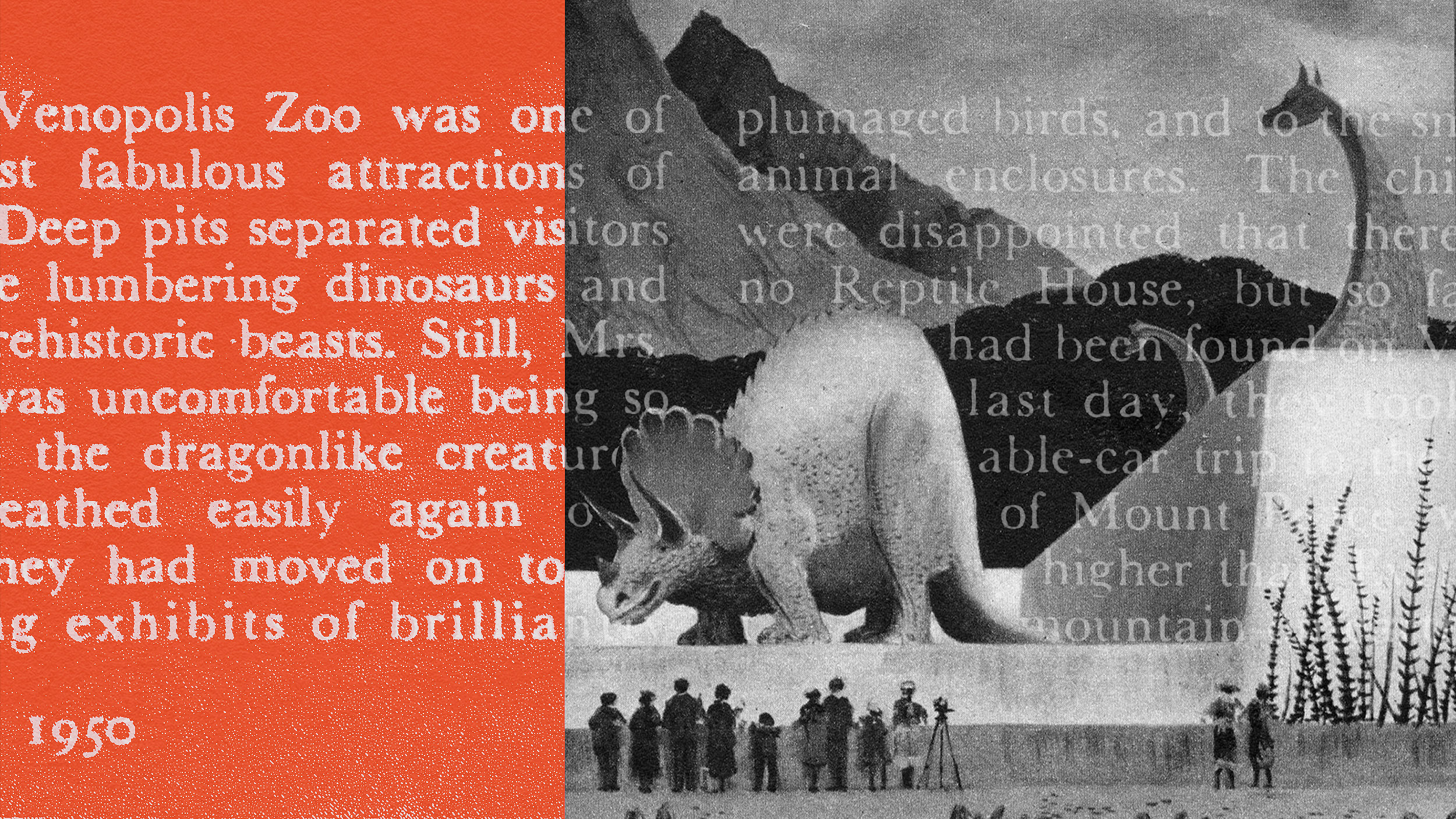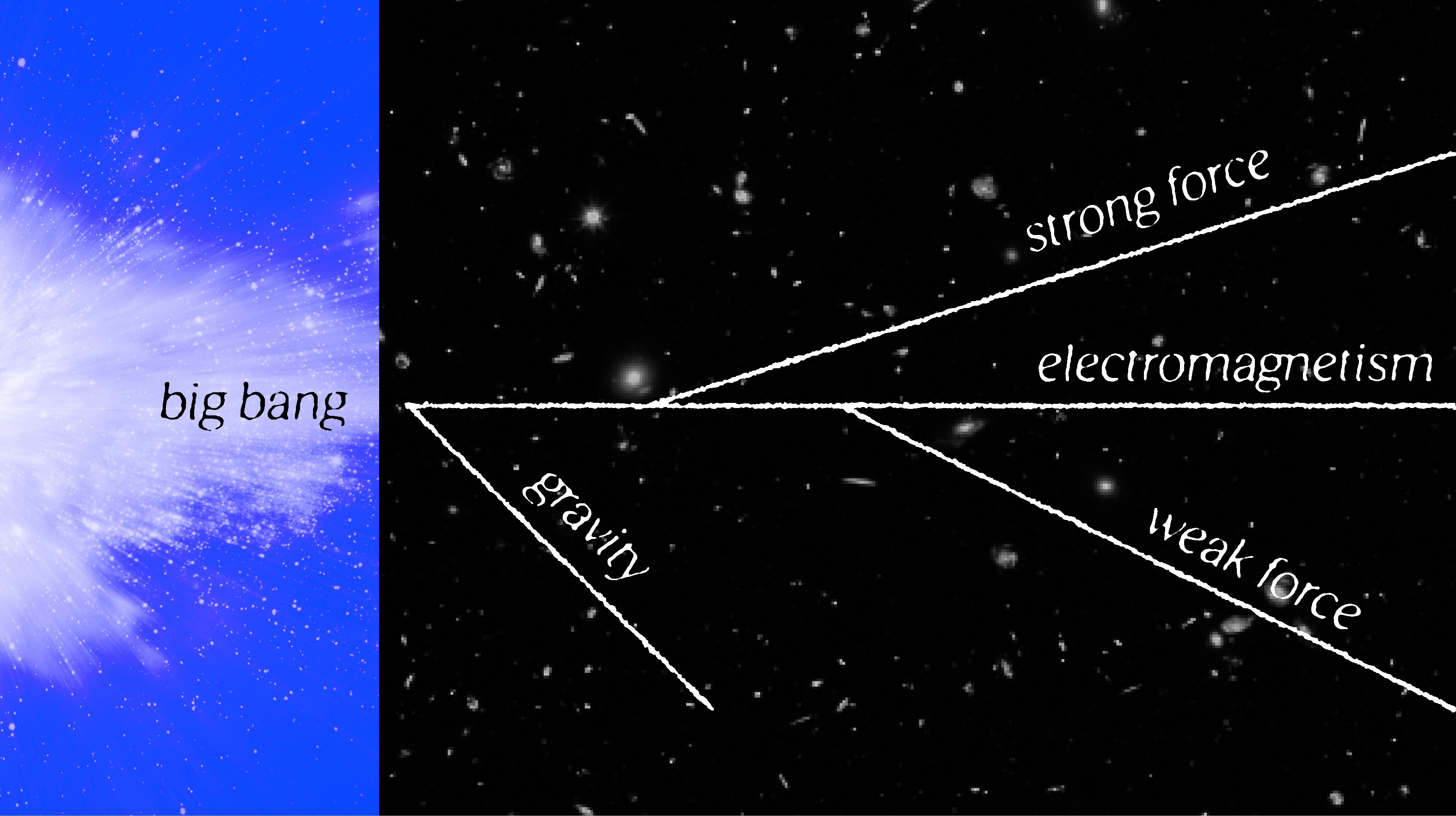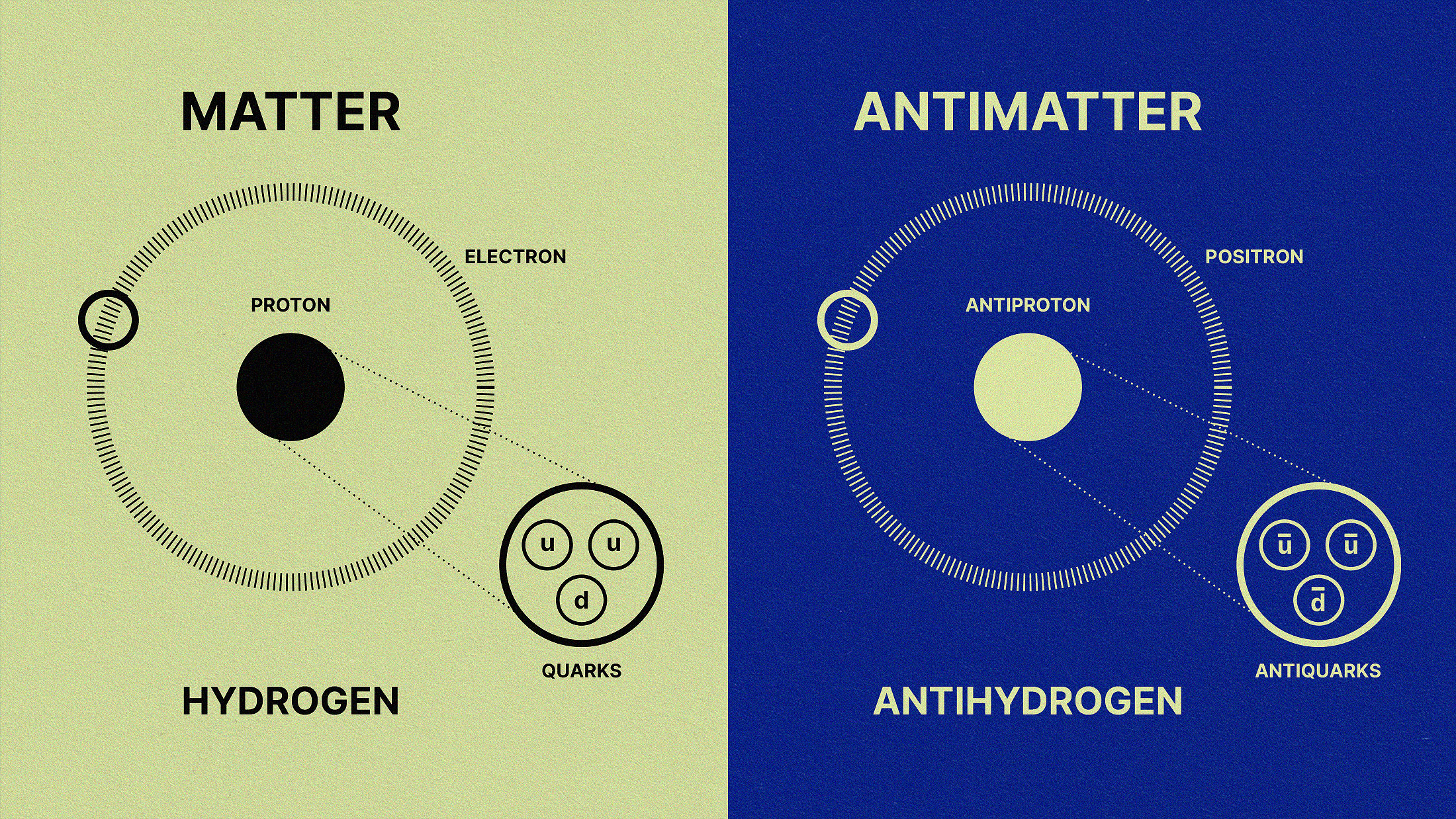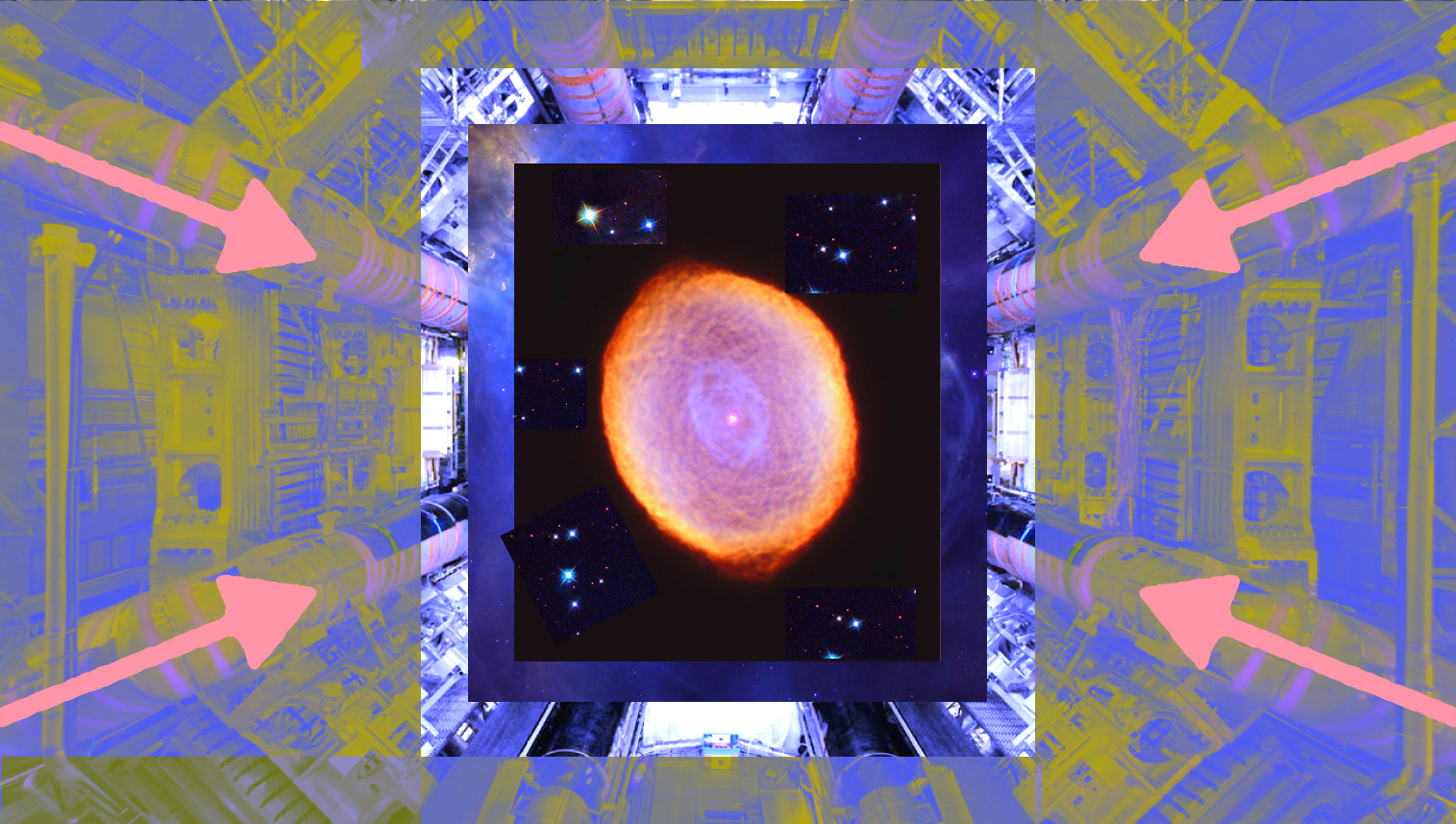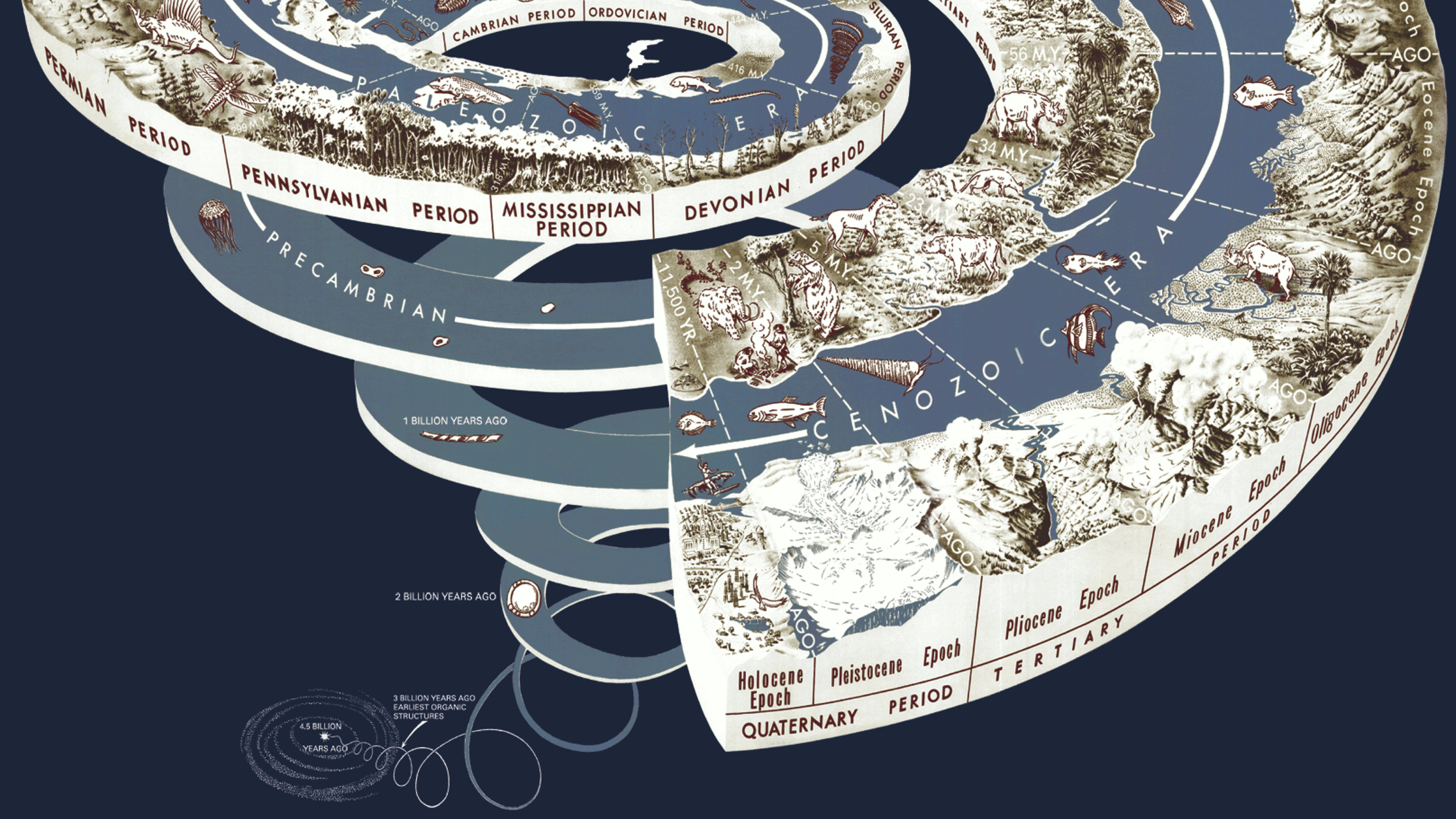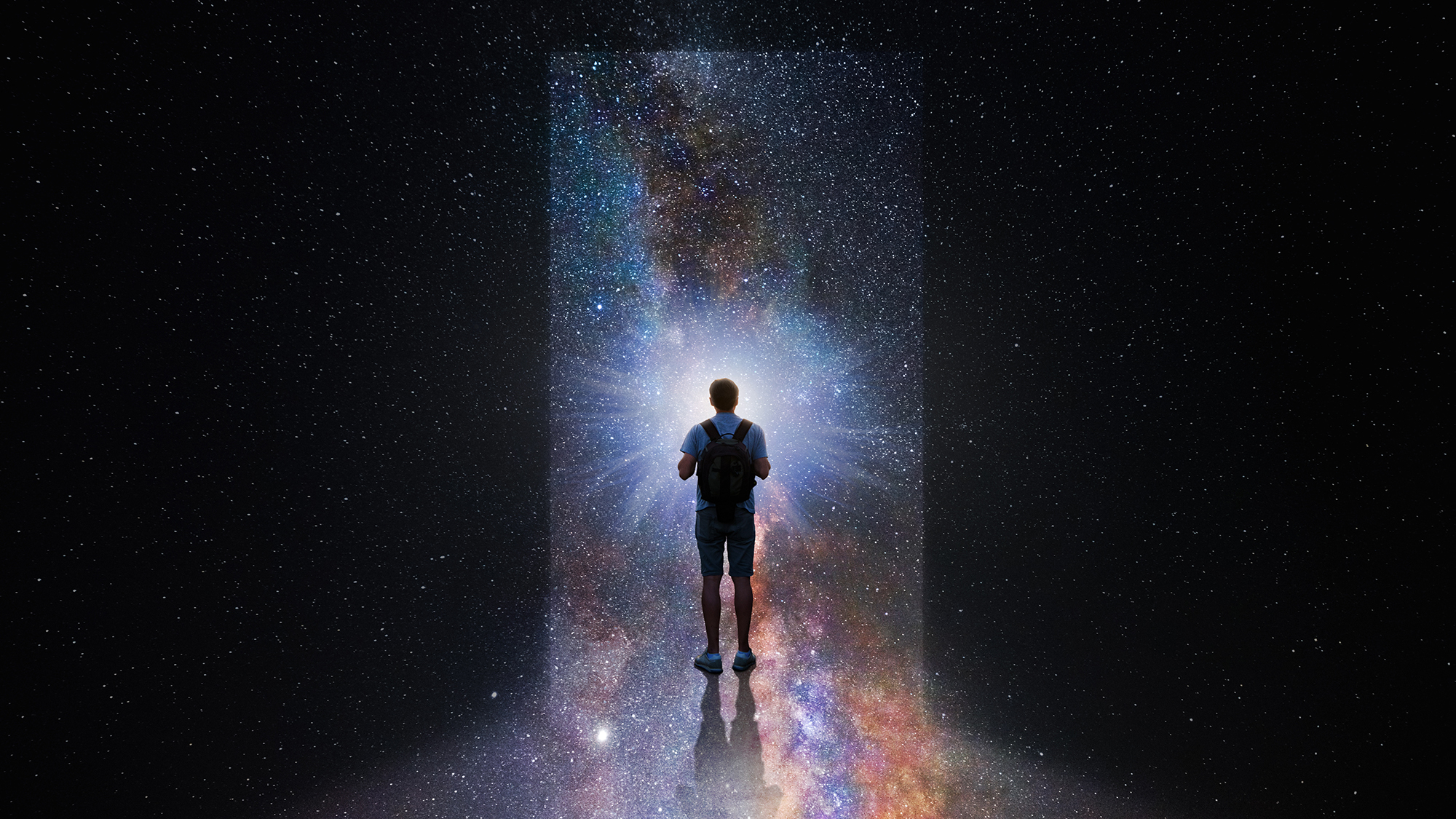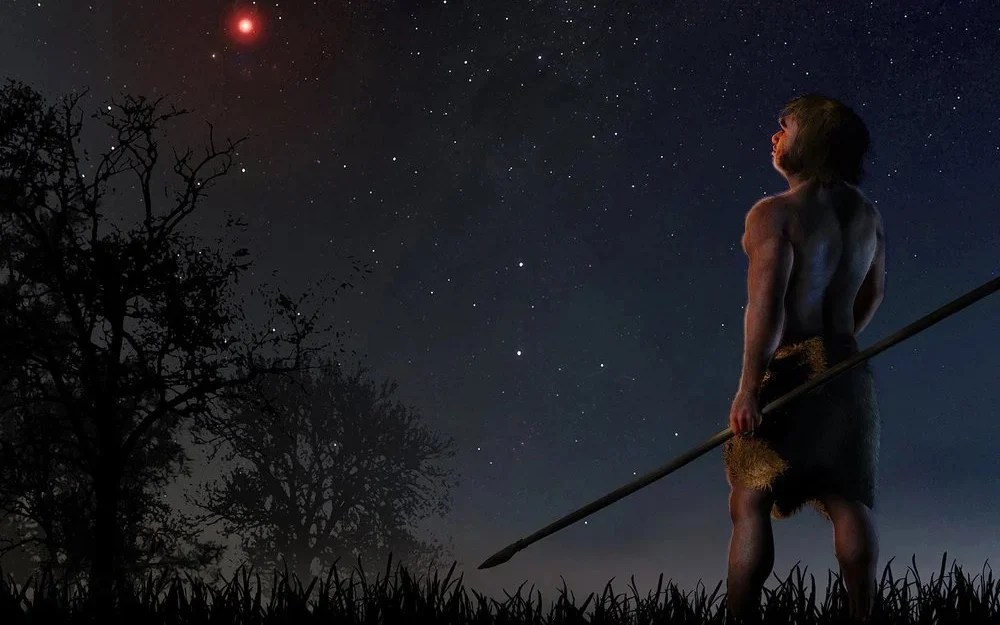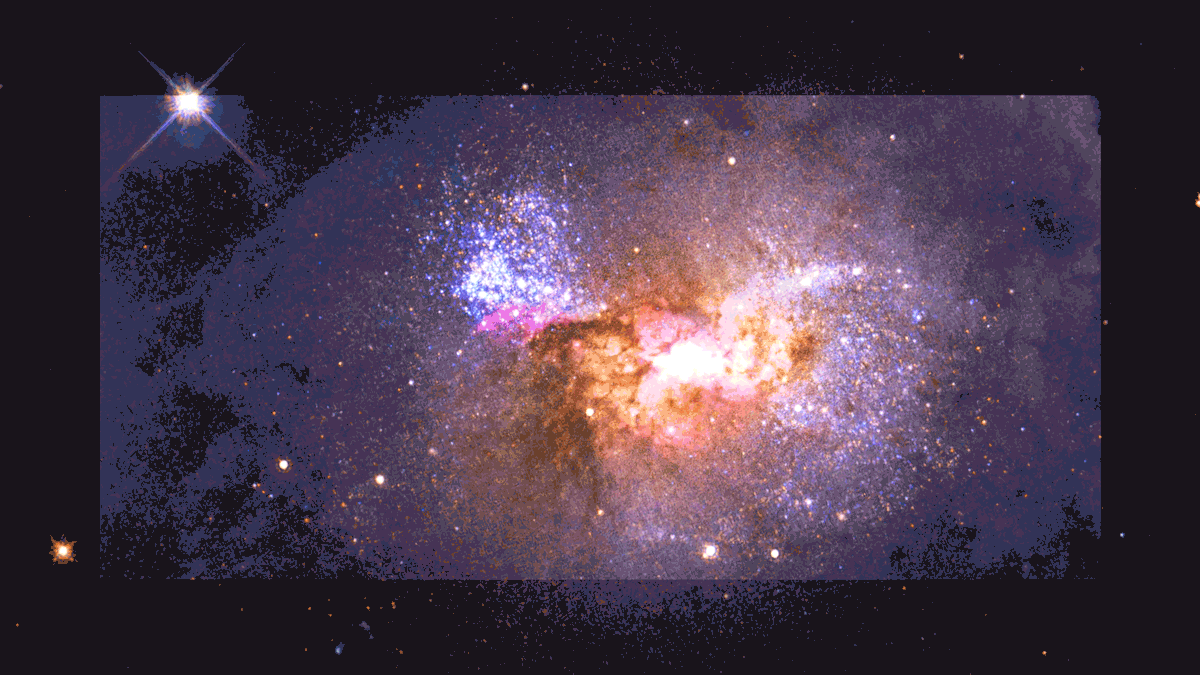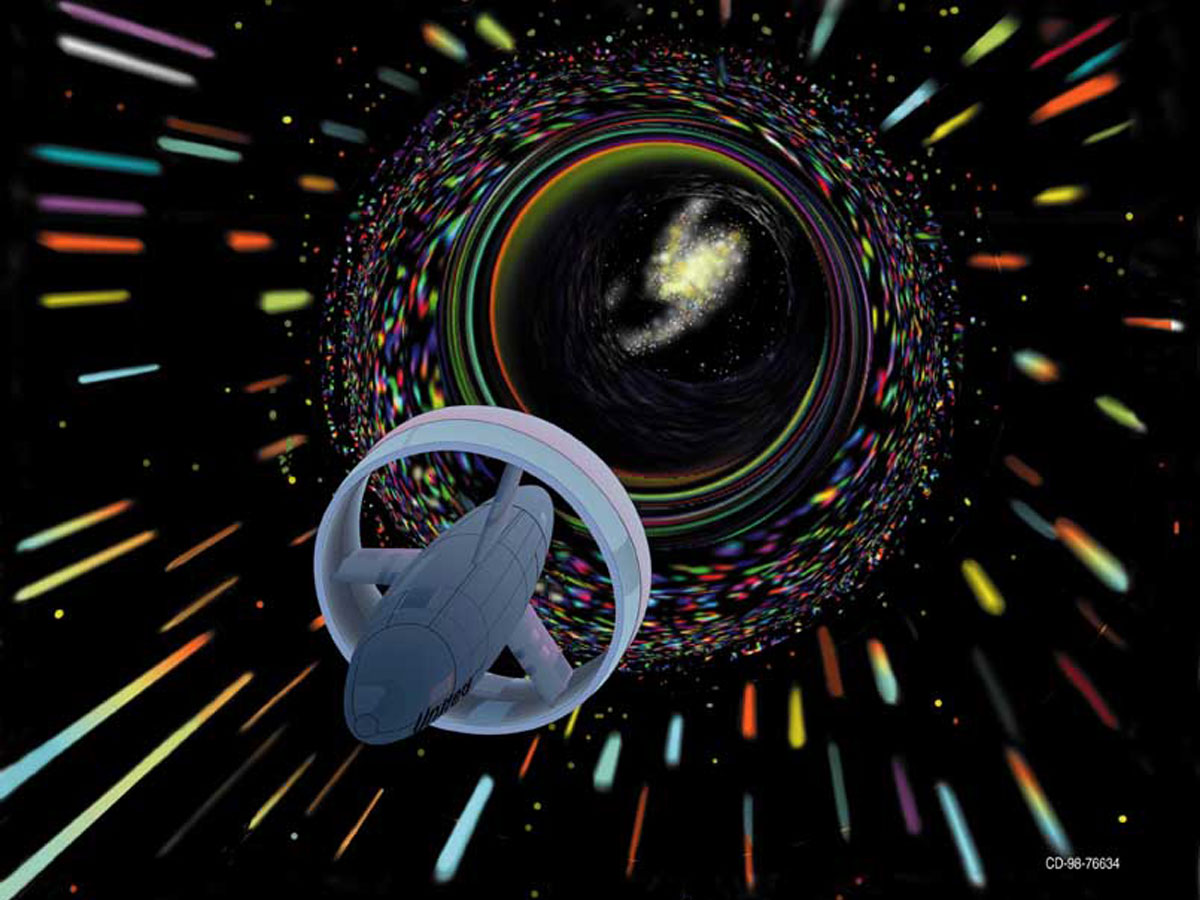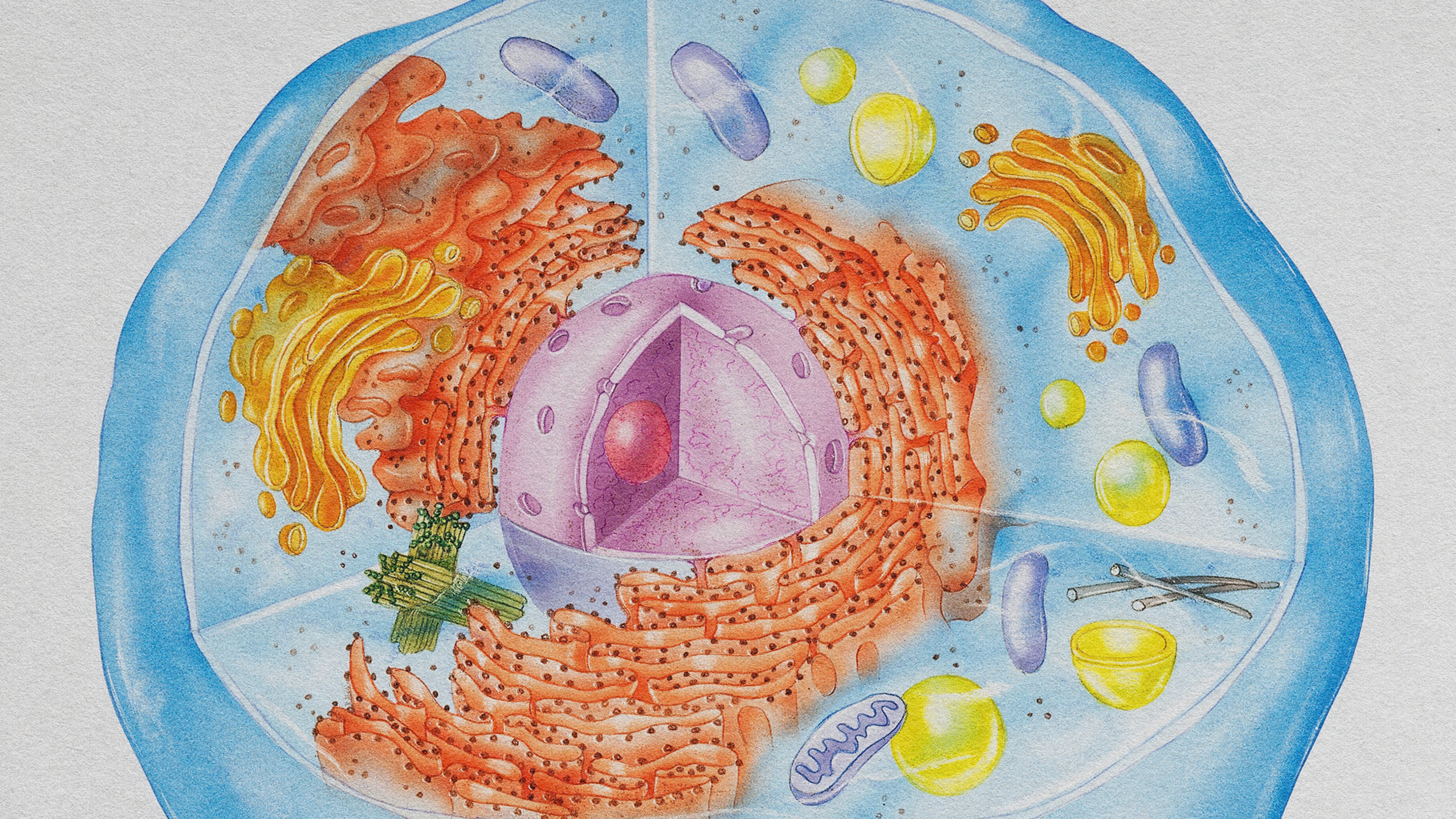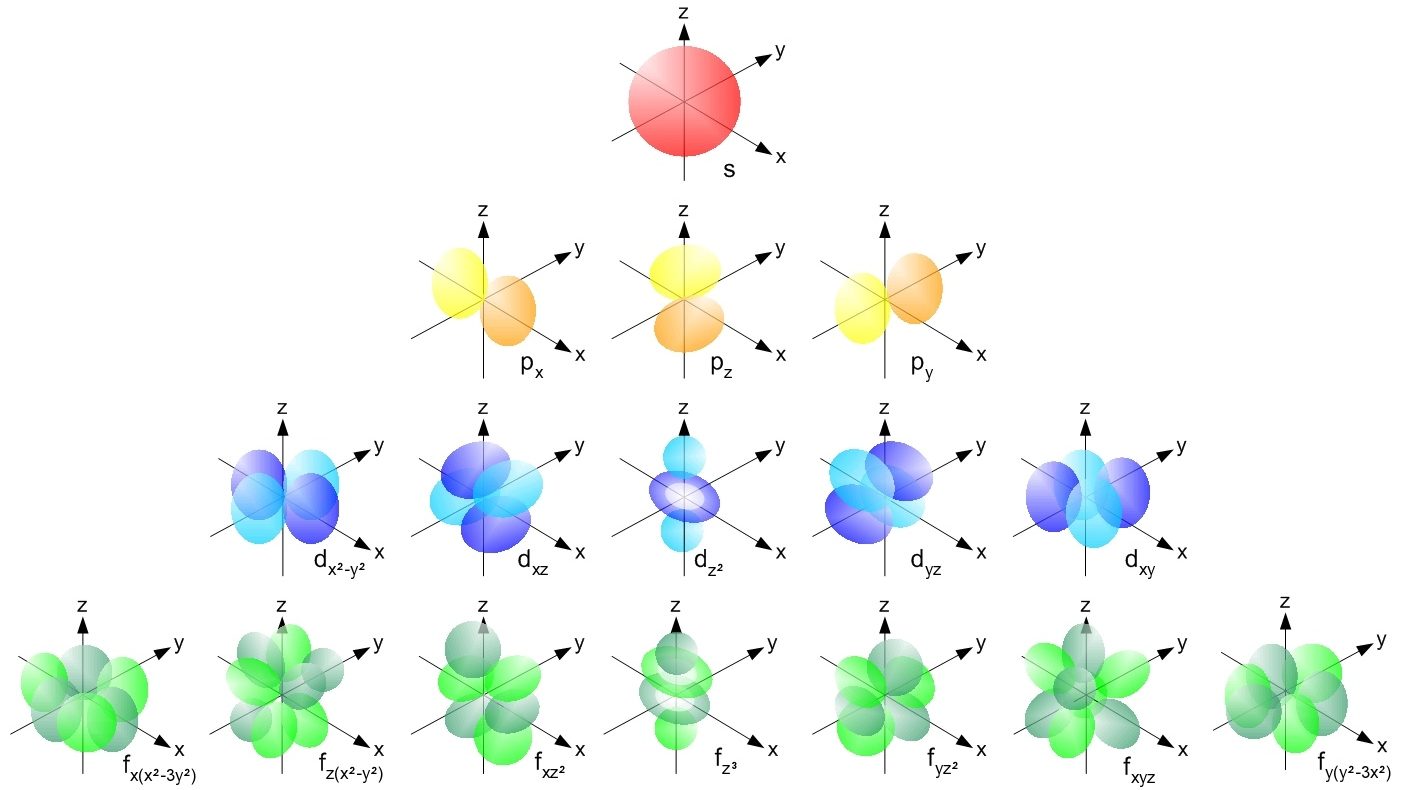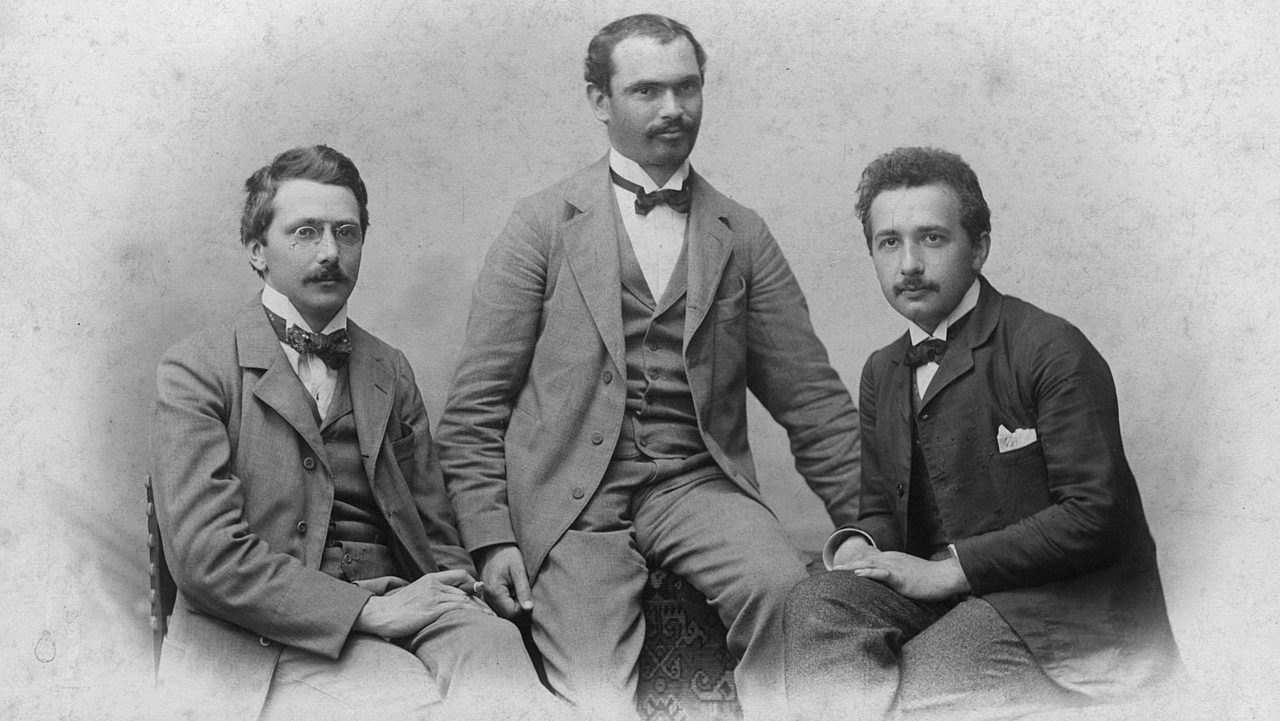Humanity is in trouble. Here’s how aliens could help.
Search Results
You searched for: Imagin today
Even after the first stars form, those overdense regions gravitationally attract matter and also merge. Here’s how they grow into galaxies.
The preservation and celebration of life, and not greed, should be our primary decision-making value.
Could life be widespread throughout the cosmos, in the subsurface oceans of ice-covered worlds? NASA’s Europa Clipper mission investigates.
Schopenhauer and Freud can help teams navigate the most prickly of collaboration problems.
From the laying out of the body plan to the organization and functioning of our nervous system, cells rule gene expression and make us who and what we are.
From the earliest stages of the hot Big Bang (and even before) to our dark energy-dominated present, how and when did the Universe grow up?
One of the scariest films of the 1970s didn’t set out to be a horror film at all.
Dinosaurs and other beasts were once thought to be the “undisputed masters” of Venus.
The problem of the electroweak horizon haunts the standard model of cosmology and beckons us to ask how deep a rethink the model may need.
In the earliest stages of the hot Big Bang, equal amounts of matter and antimatter should have existed. Why aren’t they equal today?
The stench of death is actually fairly pleasant.
Since 2012, the amount of time that teenagers spend socializing in person has plummeted. Is it a coincidence that depression is more common?
The chances that a newborn survives childhood have increased from 50% to 96% globally.
Three reasons why a radically better future is more likely than we think.
The closest known star that will soon undergo a core-collapse supernova is Betelgeuse, just 640 light-years away. Here’s what we’ll observe.
In the infant Universe, particle physics reigned supreme.
Using peach and eggplant emojis as shorthand for sex may seem like a new thing, but Renaissance artists were experts at using produce to imply intercourse.
Humanity can avoid catastrophe — if we look beyond our blinkered present.
One reason saving is hard: We tend to view our “future selves” as complete strangers, and our decisions in the present moment reflect that.
The Universe is grand, awe-inspiring, and greater than we likely imagine. Even astrophysicists get anxious thinking about it, but we cope.
Despite billions of years of life on Earth, humans first arose only ~300,000 years ago. It took all that time to make our arrival possible.
Just like with AI, people worried about job security and the spread of disinformation. Machines were destroyed and book merchants were chased out of town.
The first stars in the Universe were made of pristine material: hydrogen and helium alone. Once they die, nothing escapes their pollution.
For thousands of years, we puzzled at how far away the Moon was. Today we know its distance, at any time, to within millimeters.
Without wormholes, warp drive, or some type of new matter, energy, or physics, everyone is limited by the speed of light. Or are they?
Big Think spoke with animator and animation historian Tom Sito about the cyclical evolution of animation.
Scientists agree that eons ago, a bacterium took up residence inside another cell and became its powerhouse, the mitochondrion. But there are competing theories about the birth of other organelles such as the nucleus and endoplasmic reticulum.
One of the fundamental constants of nature, the fine-structure constant, determines so much about our Universe. Here’s why it matters.
Many mavericks look to Einstein as a unique figure, whose lone genius revolutionized the Universe. The big problem? It isn’t true.
